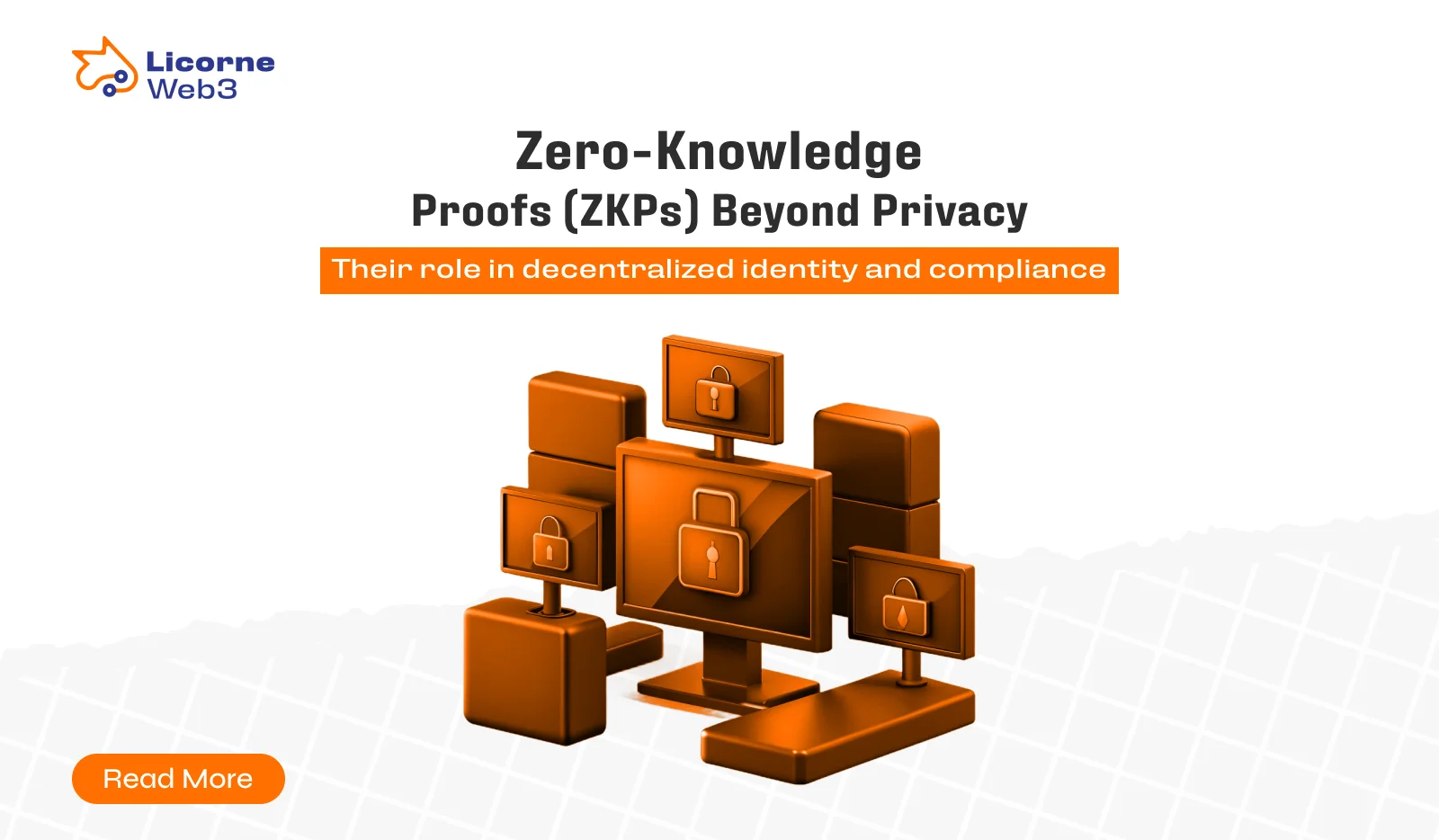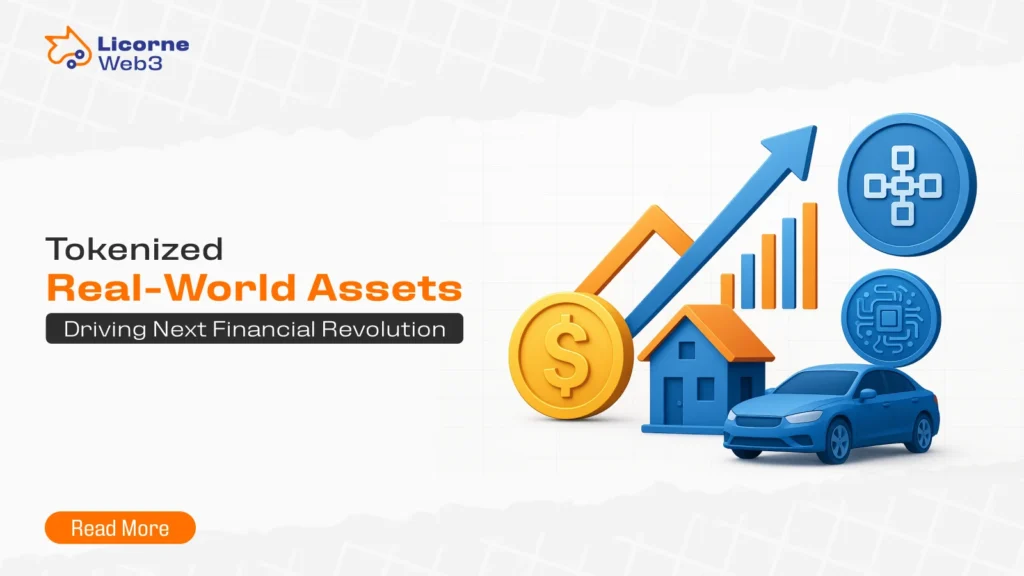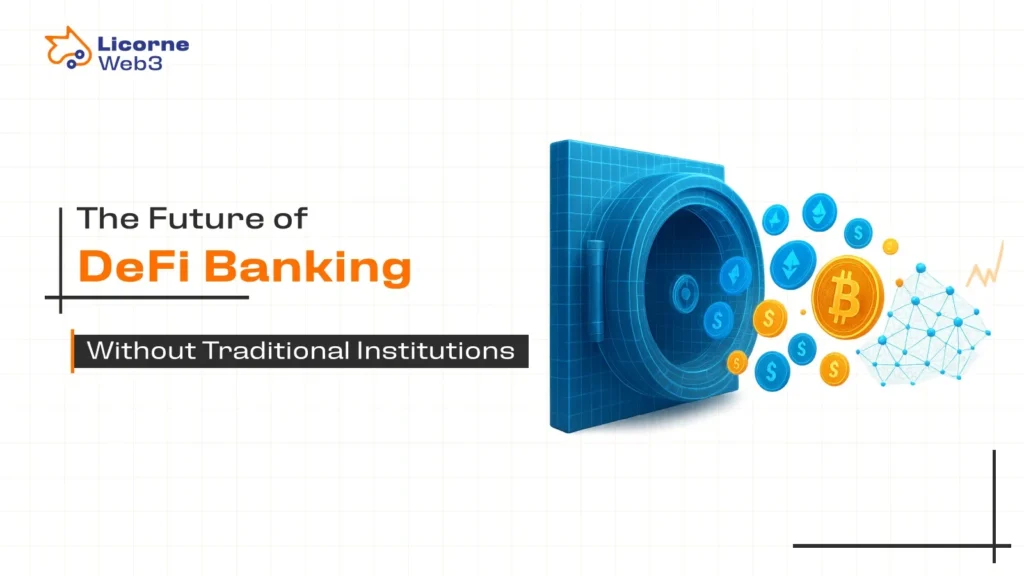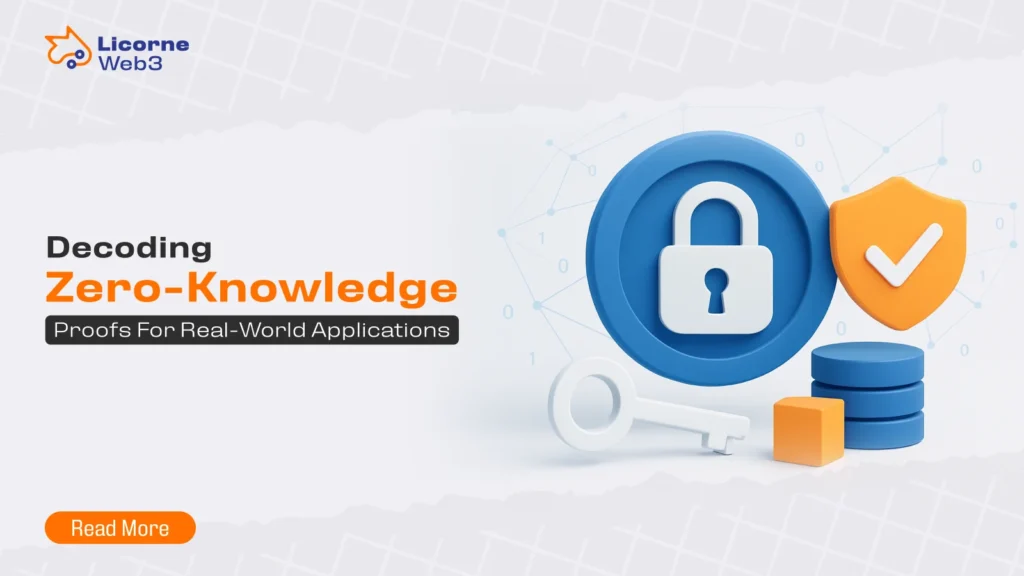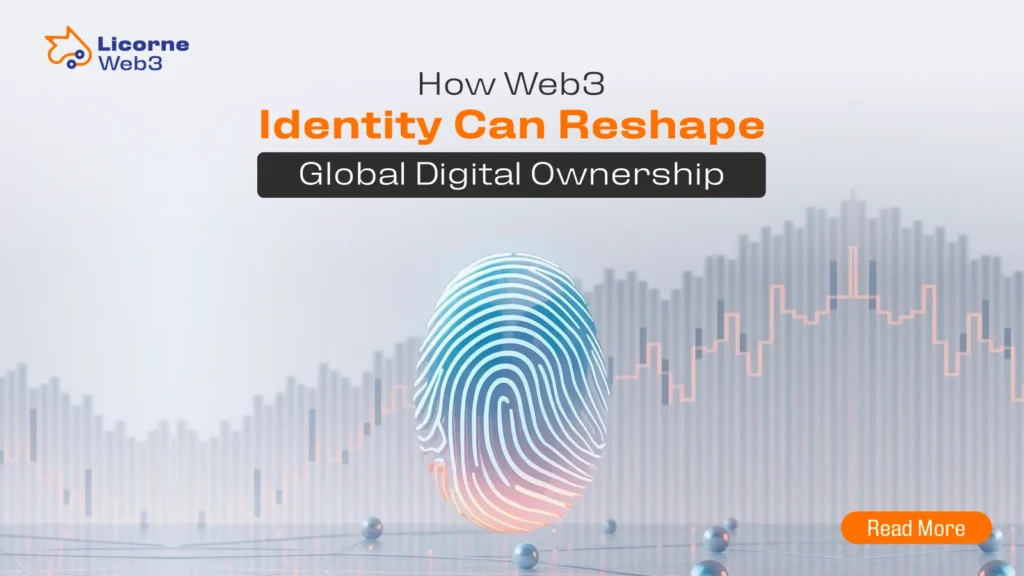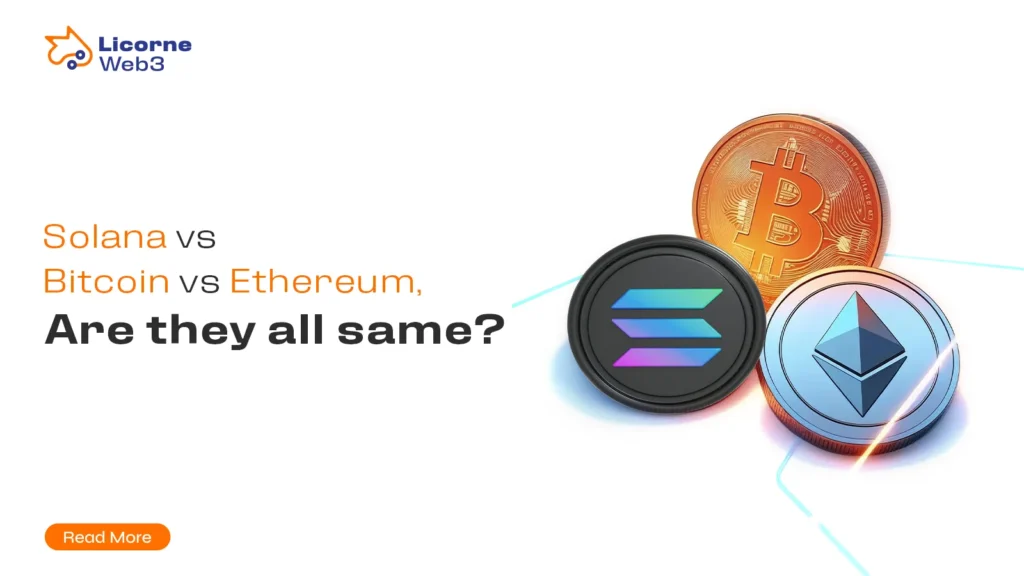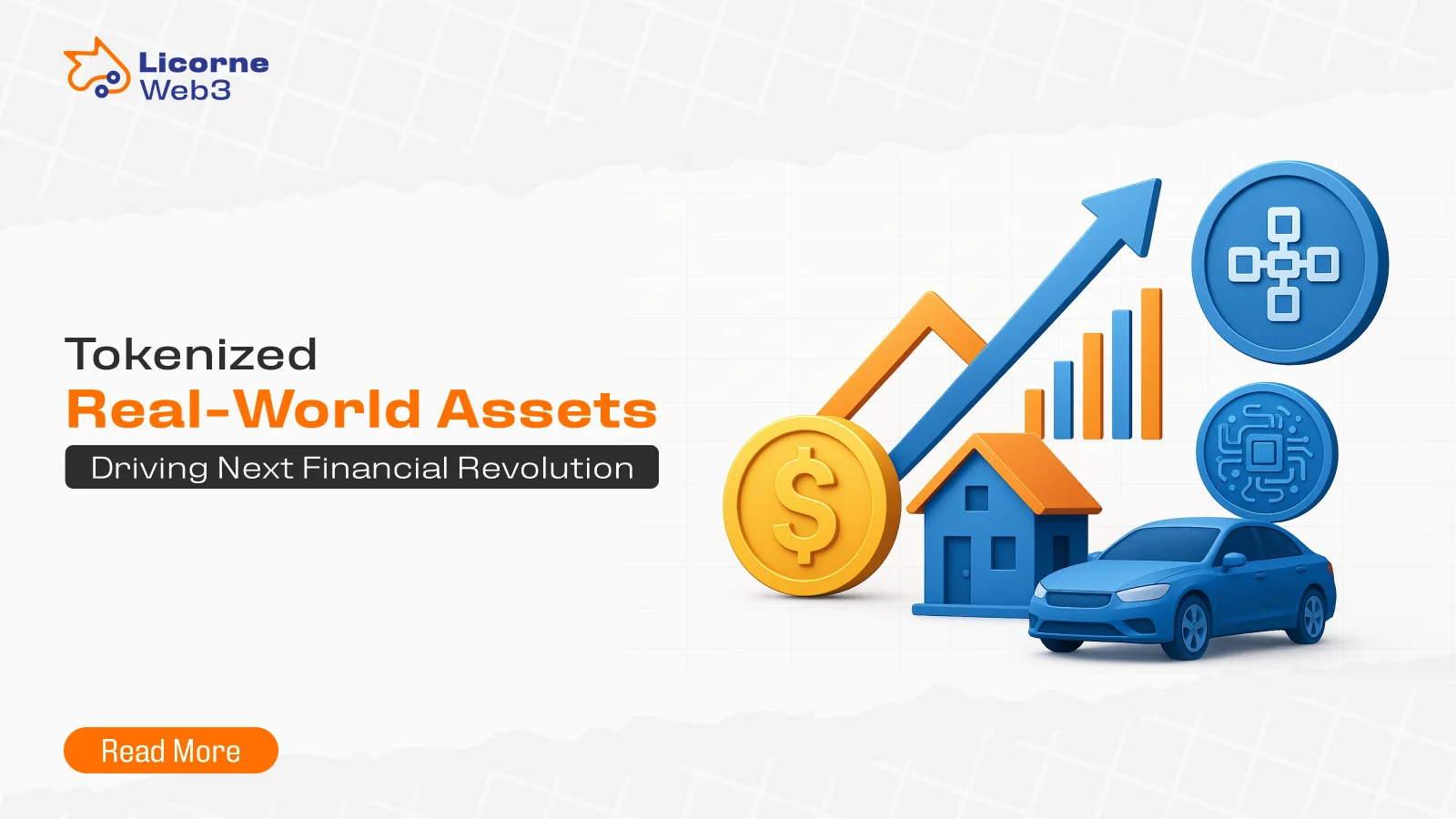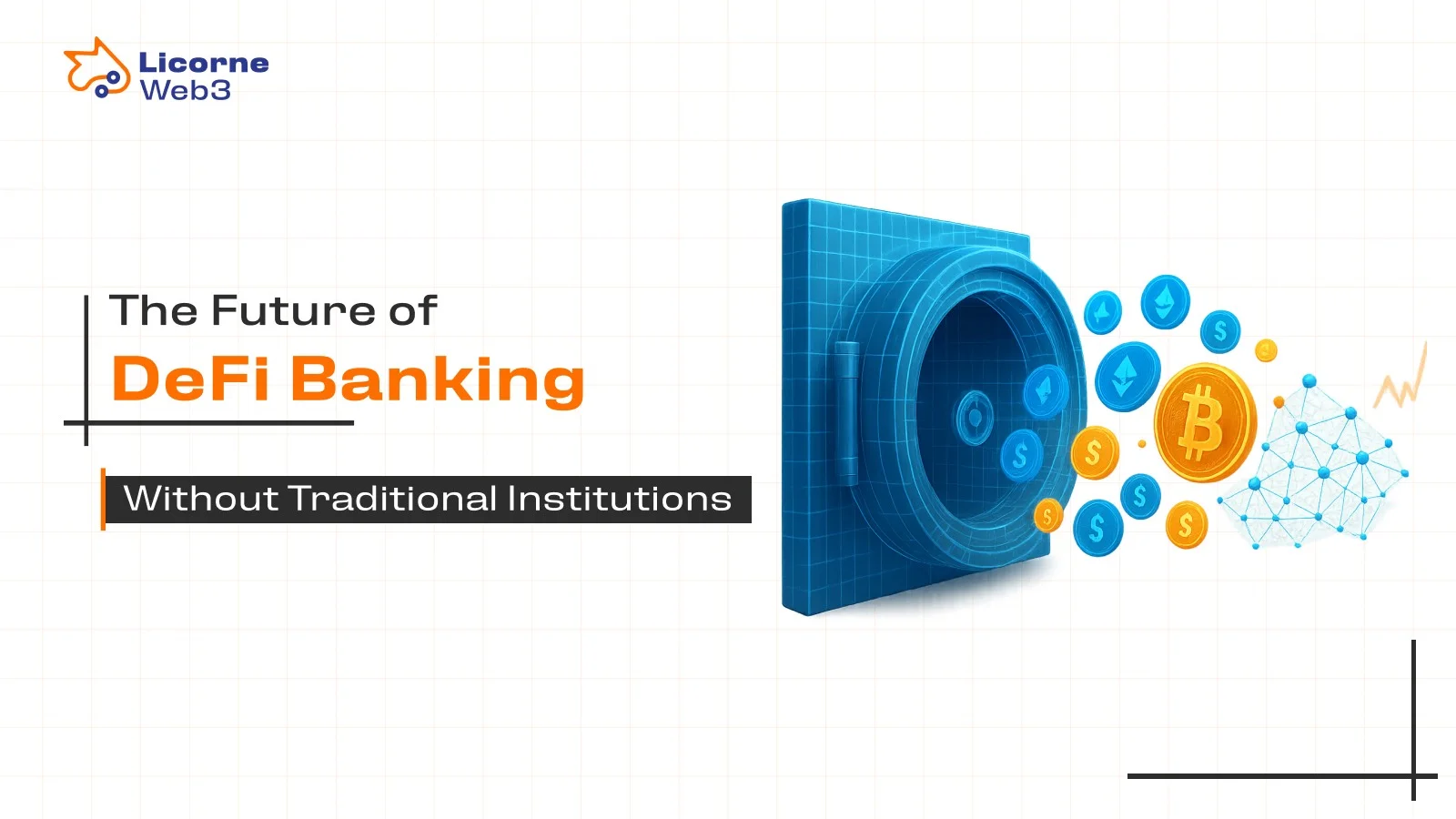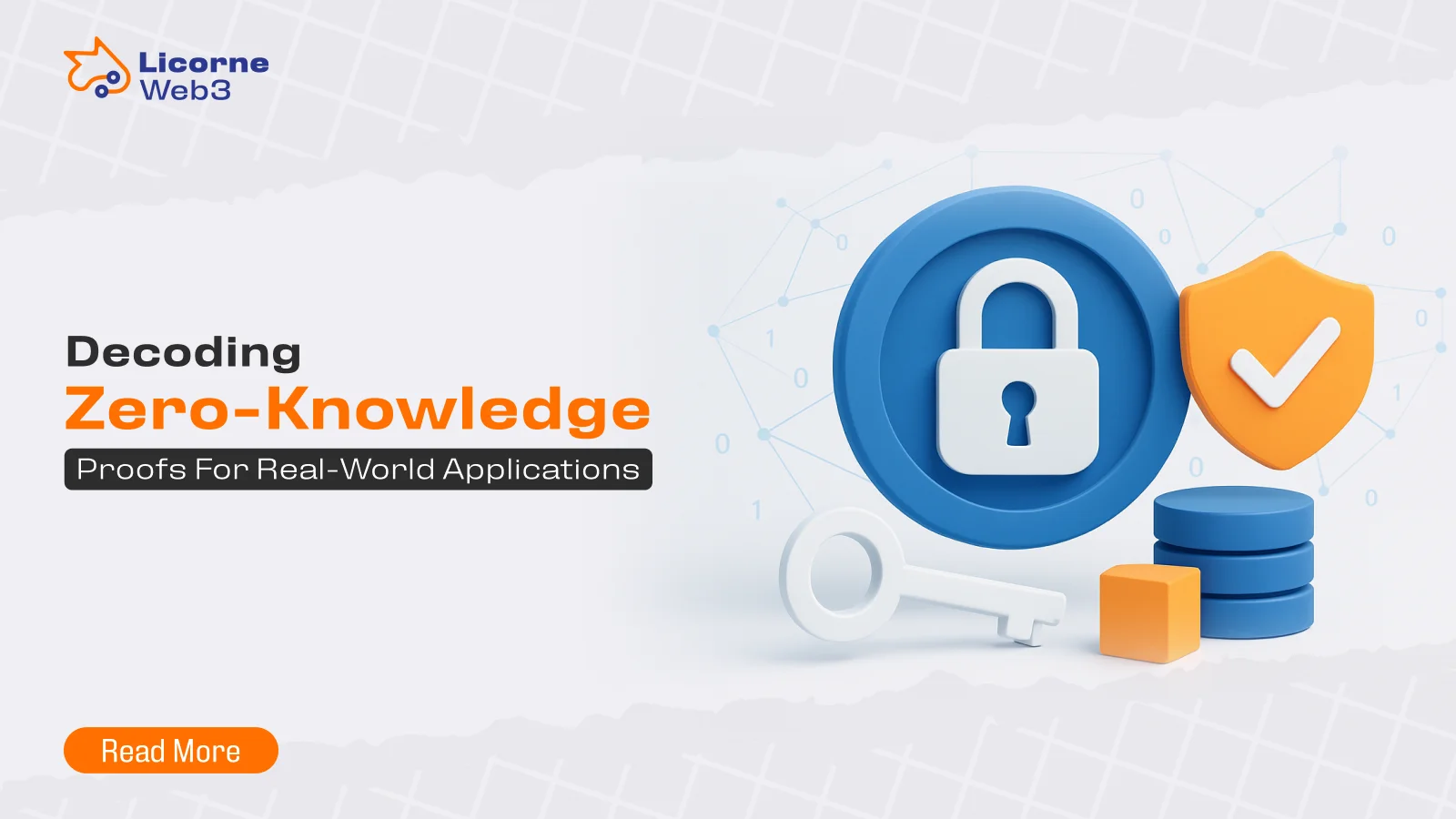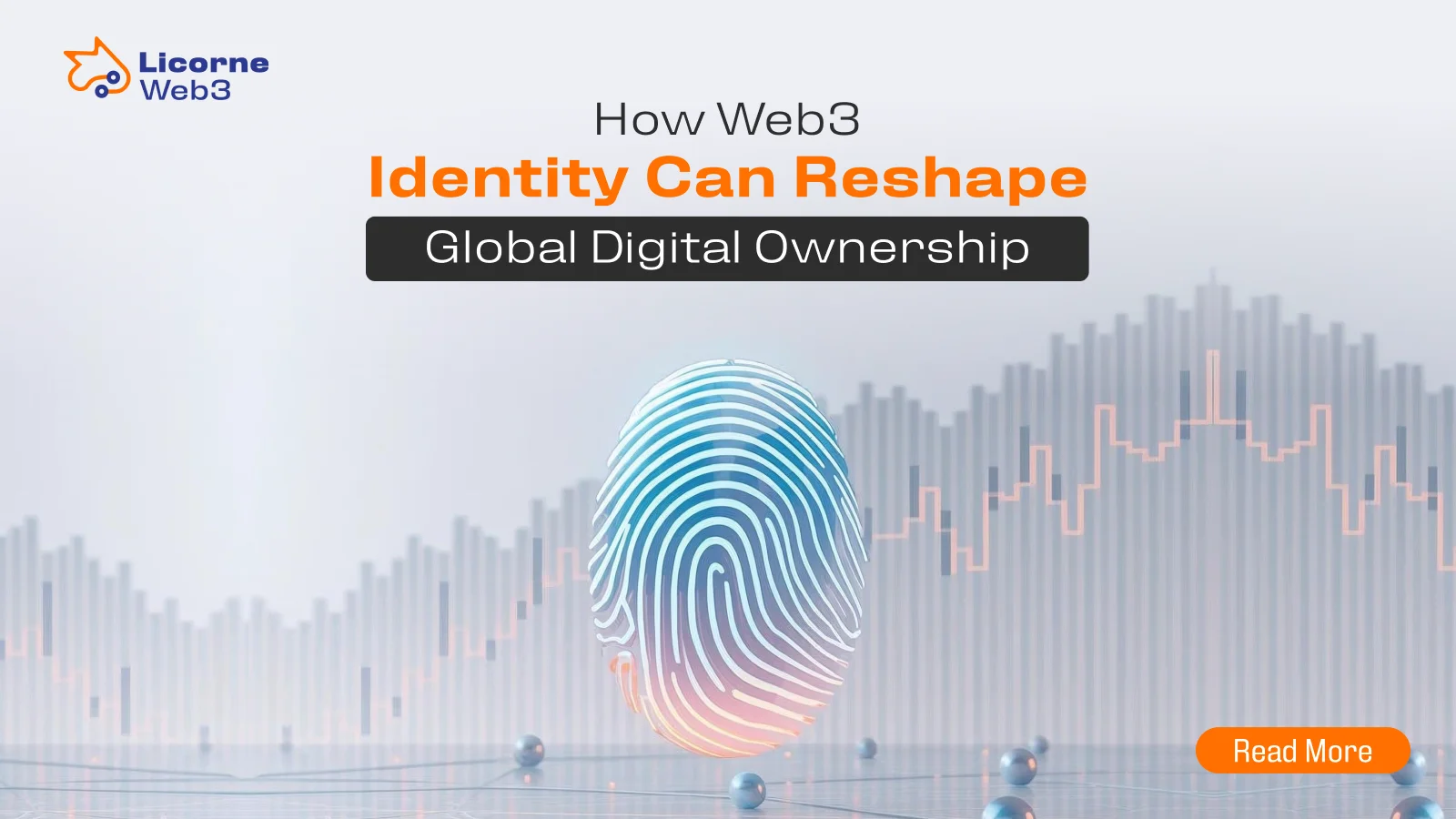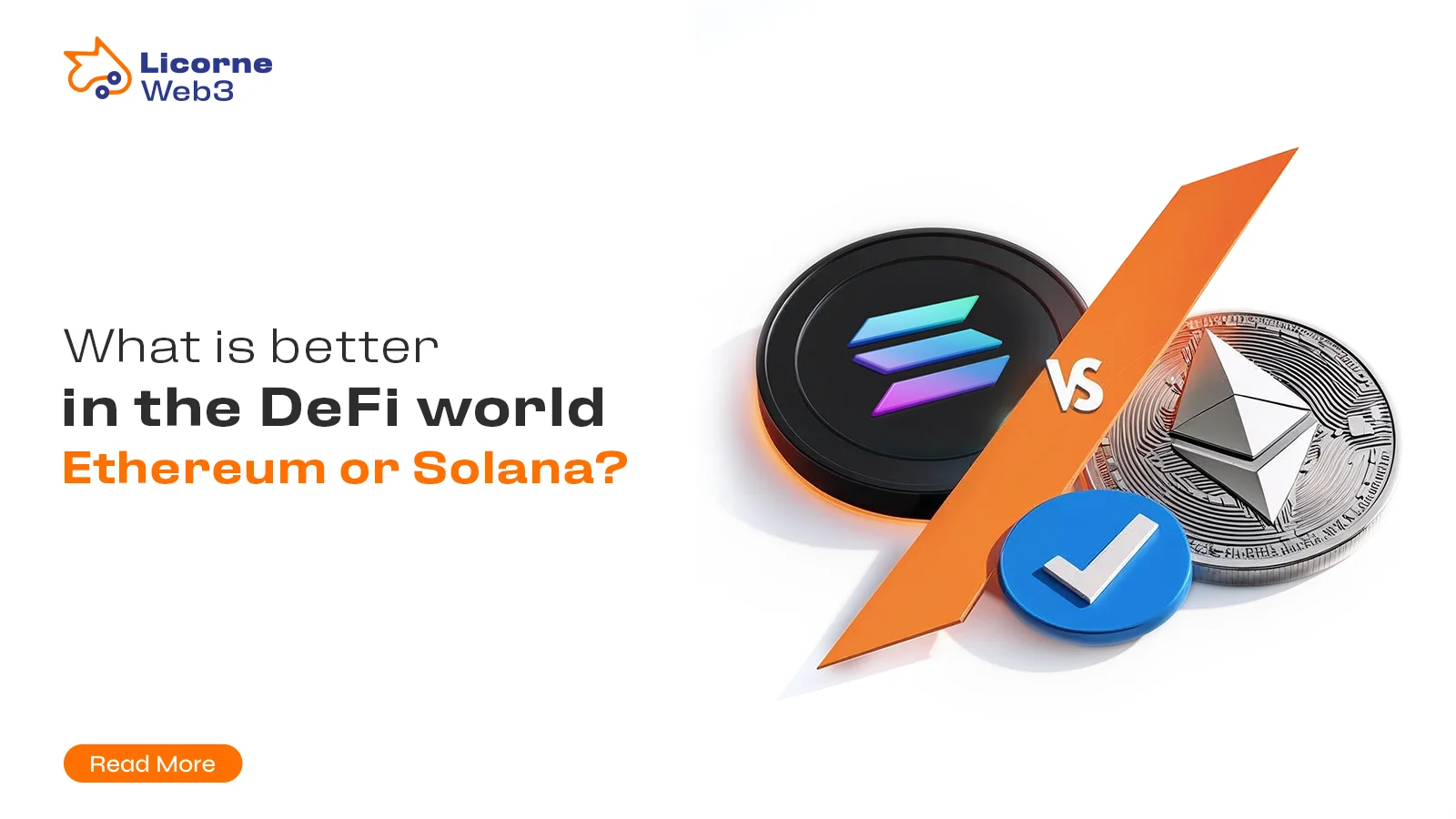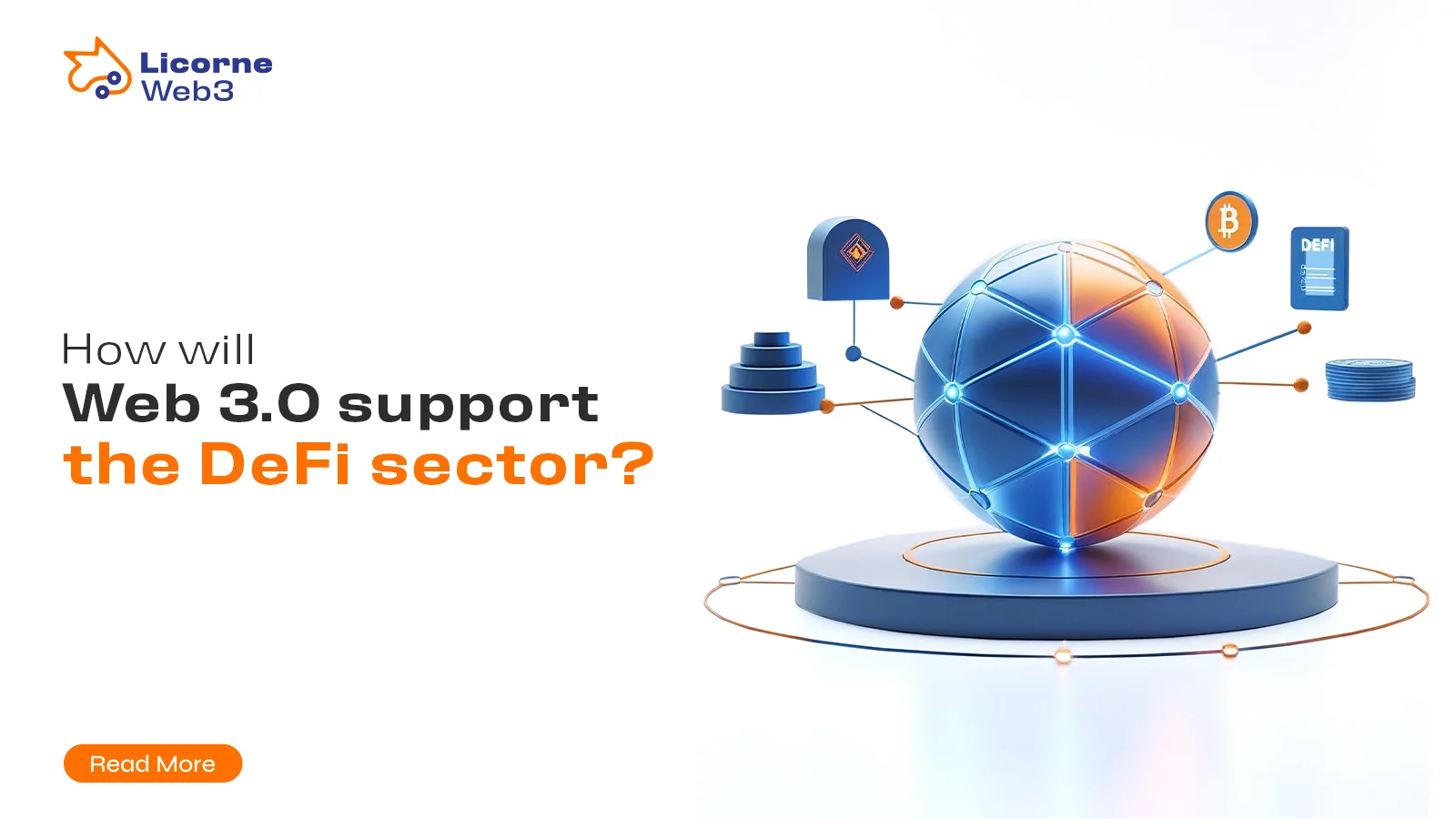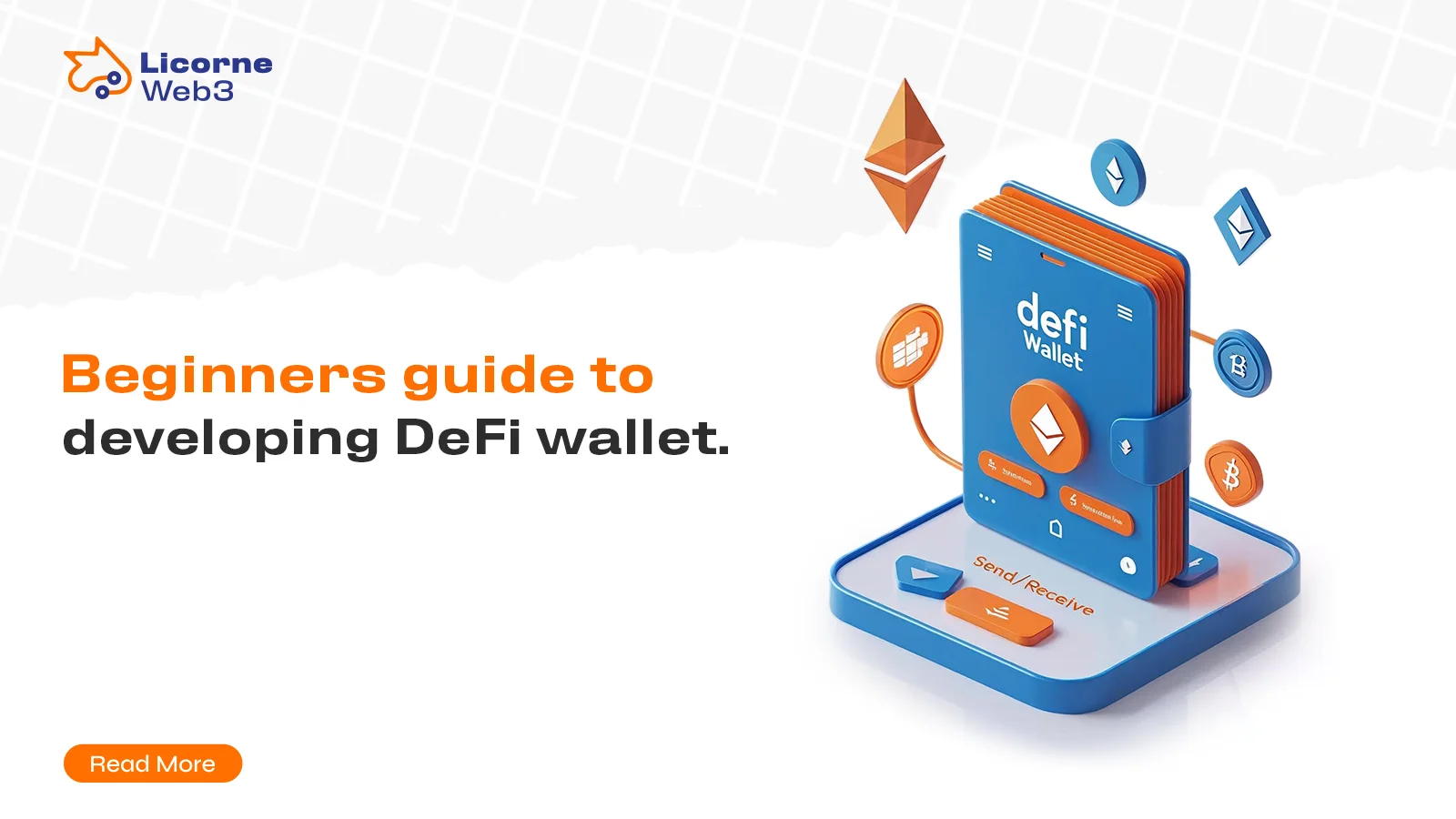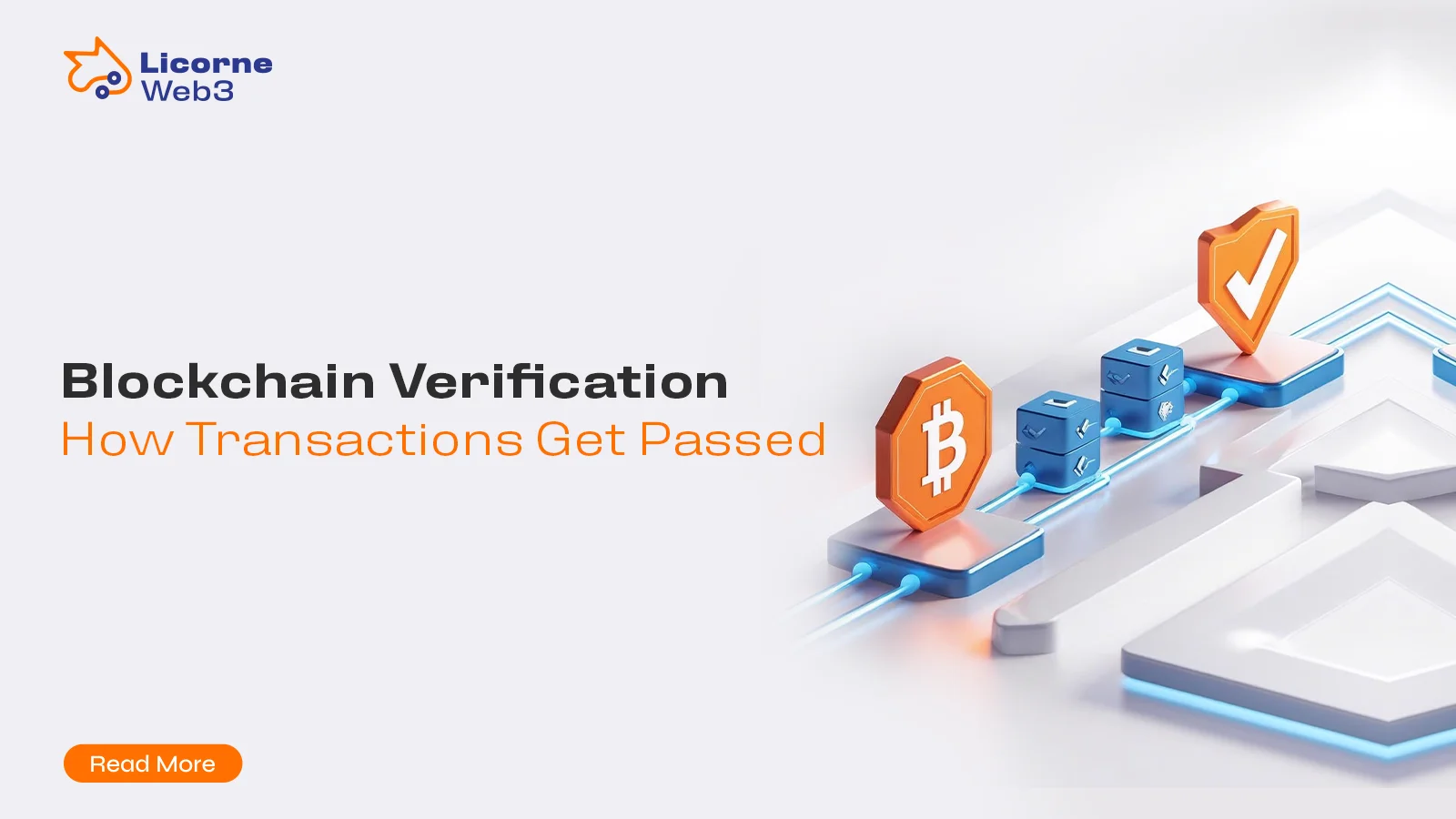Zero-Knowledge Proofs (ZKPs) have long been celebrated for their ability to enhance privacy in blockchain and cryptographic systems. However, their potential extends far beyond just keeping transactions confidential. Today, ZKPs are emerging as a powerful tool for decentralized identity (DID) solutions, financial transactions, and regulatory compliance, enabling trustless verification without exposing sensitive data.
By integrating ZKPs with blockchain networks and smart contracts, organizations can facilitate secure interactions while maintaining user privacy. These cryptographic proofs enable seamless authentication on public blockchains, ensuring that individuals and businesses can verify information without compromising sensitive details.
In this blog, we’ll explore how ZKPs are revolutionizing identity management, compliance, and financial ecosystems, paving the way for more secure and transparent digital interactions.
What Are Zero-Knowledge Proofs (ZKPs)?
A Zero-Knowledge Proof (ZKP) is a cryptographic method that allows one party (the prover) to demonstrate to another party (the verifier) that a statement is true without revealing any additional information. This technique is fundamental to enhancing privacy and security in various digital interactions.
For instance:
- You can prove you’re over 18 without disclosing your exact birth date.
- You can verify that you have sufficient funds for a transaction without revealing your total financial details.
- You can authenticate your digital identity in an identity management system without exposing personal data.
The widespread adoption of ZKPs is transforming the realm of blockchain technology, particularly in private transactions and identity verification. By integrating ZKPs into blockchain networks, organizations can ensure transaction privacy while mitigating computational overhead. These cryptographic proofs are paving the way for secure financial interactions and decentralized identity systems, enabling trustless authentication in a transparent yet privacy-preserving manner.
As ZKPs continue to evolve, they are set to redefine digital trust, ensuring that users can participate in blockchain technology without compromising sensitive information.
ZKPs in Decentralized Identity (DID)
Decentralized identity systems allow users to own and control their digital identities without relying on centralized authorities such as governments or corporations. Zero-Knowledge Proof (ZKP) protocols enhance decentralized identity (DID) solutions in several critical ways, improving user trust, regulatory compliance, and efficiency within blockchain networks.
- Selective Disclosure of Identity Attributes With ZKPs, users can prove specific claims—such as age, citizenship, or professional credentials—without revealing underlying documents or sensitive data. This ensures compliance with regulation while preserving user privacy.
- Example: A user can prove they hold a valid driver’s license for car rentals without showing the actual license.
- Prevention of Identity Correlation Traditional identity systems often link multiple interactions to a single identity, increasing the risk of privacy breaches. ZKPs prevent this by enabling verification without tying interactions together, mitigating concerns around dishonest provers attempting to misuse credentials.
- Example: A user can log into multiple services securely without those services knowing they’re the same person.
- Trustless Verification DID systems utilizing ZKPs eliminate the need for third-party validators, allowing users to prove their credentials without intermediaries cryptographically. Honest provers can verify their identity without relying on service providers to validate their credentials repeatedly.
- Example: A university can issue a verifiable credential (VC) to a student, who can later prove its authenticity using a ZKP, without involving the university in each verification request.
Enhancing Blockchain Scalability with Zero-Knowledge Rollups
Zero-Knowledge Rollups are revolutionizing blockchain technology by compressing transaction data, reducing computational overhead, and improving efficiency. Optimistic rollups, another layer-2 scaling solution, focus on batch-processing transactions with a fraud-proof mechanism. These rollups significantly enhance transaction privacy within decentralized identity verification and financial interactions.
As blockchain networks evolve, integrating ZKPs will drive widespread adoption of DID solutions while safeguarding financial details and personal information. Whether in digital identity systems, private transactions, or service provider authentication, ZKPs are shaping the future of privacy-preserving technology.
ZKPs in Compliance (AML/KYC, Taxation, and More)
Regulatory compliance often requires businesses to verify user identities and transactions while maintaining privacy. Zero-Knowledge Proofs (ZKPs) serve as a crucial cryptographic tool, striking a balance between compliance and data protection. Their privacy features ensure sensitive information remains hidden while still meeting regulatory standards.
1. Privacy-Preserving KYC/AML
Know Your Customer (KYC) and Anti-Money Laundering (AML) checks typically demand personal data sharing with financial institutions. ZKPs play a pivotal role in reducing data exposure while proving compliance.
- Proof of KYC status without revealing identity documents.
- Proof of non-inclusion in sanctions lists without exposing personal details.
2. Tax Compliance Without Full Transparency
Governments require tax compliance, but businesses may hesitate to disclose all transaction details. ZKPs provide a practical application for selective transparency in audits.
- Proof of tax obligations being met without revealing revenue streams.
- Selective auditability, where only authorized entities can verify compliance while minimizing computational load.
3. Secure and Private Voting
ZKPs guarantee electoral integrity by safeguarding voter privacy while ensuring transparency in the vote-counting process.
- A voter is eligible without revealing their identity.
- Votes are counted correctly without exposing individual choices.
ZKPs in Decentralized Applications
ZKPs enhance privacy and security in decentralized applications, providing sensitive users with trustless verification mechanisms. Their arguments of knowledge allow identity and transaction verification without unnecessary data exposure, improving user experience across blockchain networks.
As ZKPs continue to evolve, their pivotal role in regulatory compliance, identity management, and financial security will only expand. Whether ensuring enhanced privacy in financial systems or verifying credentials efficiently, ZKPs are reshaping the landscape of secure, decentralized interactions.Real-World Implementations
Several projects are already leveraging ZKPs for identity and compliance:
- zkPass: Uses ZKPs for private KYC verification.
- Polygon ID: A decentralized identity solution with ZKP-based verification.
- ZCash (for compliance): While primarily a privacy coin, its ZKP-based shielding allows selective disclosure for regulators.
Challenges and Future Outlook
Despite their potential, Zero-Knowledge Proofs (ZKPs) face several hurdles that must be addressed to ensure mainstream adoption across the blockchain space. These challenges include:
Key Challenges for ZKP Adoption
- Computational Complexity Generating and verifying proofs can be resource-intensive, impacting scalability within blockchain applications and increasing transaction costs. As more blockchain nodes participate in verification, optimizing efficiency becomes crucial for privacy-preserving transactions.
- Standardization The nature of blockchain networks demands interoperable ZKP frameworks to ensure seamless integration into different blockchain ecosystems. Without a unified standard, ZKP implementation may face barriers in decentralized finance (DeFi) and identity verification systems.
- Regulatory Acceptance Authorities must recognize ZKP-based compliance mechanisms as valid for financial regulations, tax policies, and legal frameworks. Demonstrating that ZKPs enable confidential transactions without violating transparency laws is essential for broader adoption.
Advancements Driving ZKP Scalability
Despite these challenges, innovations in zk-SNARKs, zk-STARKs, and recursive proofs are making ZKPs more scalable and efficient. These developments enhance online transactions by reducing computational overhead while securing sensitive user data, mitigating risks like identity theft.
As ZKP technology evolves, its role in blockchain applications and decentralized identity systems will grow, enabling more privacy-preserving transactions while strengthening security across digital ecosystems.
Conclusion
Zero-Knowledge Proofs (ZKPs) are not just about privacy—they represent a cornerstone of decentralized identity and trustless systems, ensuring secure authentication, financial integrity, and regulatory adherence without unnecessary data exposure. By enabling selective disclosure, confidential verification, and privacy-centric compliance, ZKPs are paving the way for a more robust and privacy-preserving digital future.
As blockchain adoption accelerates, ZKPs will play an increasingly vital role in self-sovereign identity (SSI), decentralized finance (DeFi) compliance, and secure authentication protocols across decentralized ecosystems. These cryptographic tools enhance user autonomy, reduce risks of identity theft, and facilitate privacy-preserving transactions while meeting legal and financial standards.
With advancements in zk-SNARKs, zk-STARKs, and recursive proofs, ZKPs are becoming more scalable, efficient, and applicable across various domains—from financial systems to digital identity frameworks. As the blockchain space matures, expect ZKPs to reshape online interactions, ensuring users retain control over their data without compromising necessary transparency.
Author
-

Blockchain Writer & Web3 Expert
View all posts
Areej Maqbool is a Blockchain writer and thought leader with over 5 years of experience in crafting compelling narratives and insights on blockchain and Web3 innovation. Her expertise spans the intersection of technology, business, and society, with a focus on decentralized applications, smart contracts, and blockchain adoption.
Key Expertise:
- Blockchain and Web3 storytelling
- Technical writing for blockchain and Web3 projects
- Thought leadership and opinion editorials
- Research and analysis on blockchain and Web3 trends


